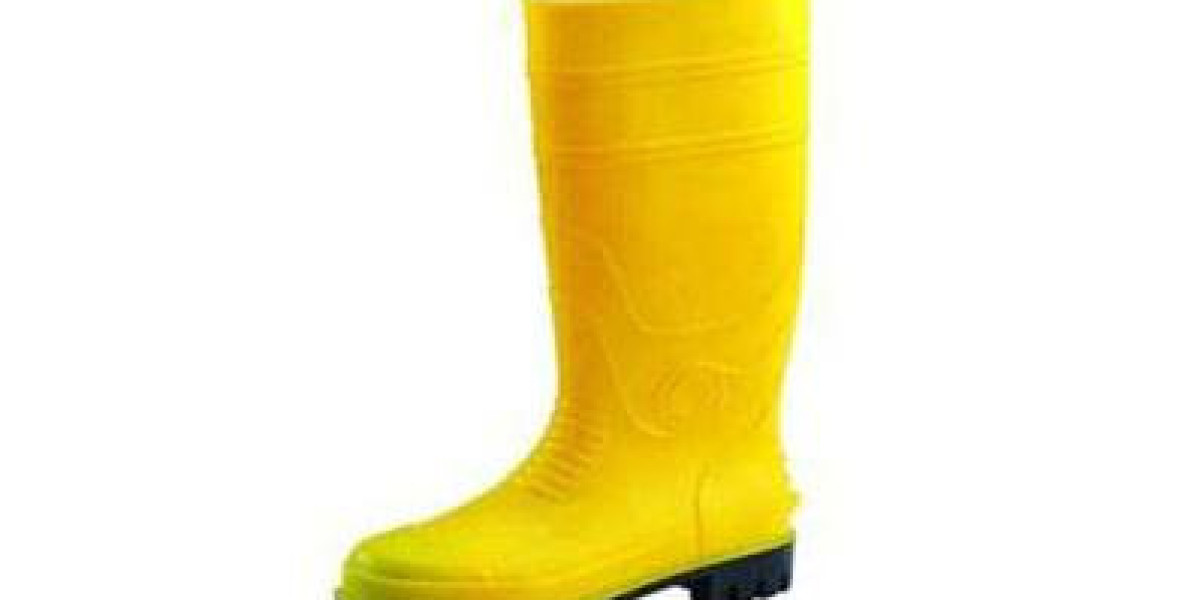Tunnel waterproofing is a critical aspect of infrastructure development in India, where the construction of tunnels plays a vital role in transportation and water management. Over the years, several successful tunnel waterproofing projects have been undertaken in the country, showcasing innovative techniques and effective solutions. In this article, we will explore some notable case studies of successful tunnel waterproofing Service in India.
- The Chenani-Nashri Tunnel:
The Chenani-Nashri Tunnel, located in Jammu and Kashmir, is a significant feat of engineering. This tunnel, which is the longest road tunnel in India, required a robust waterproofing system due to the challenging geological conditions. A combination of advanced membrane technology and high-performance sealants was used to ensure complete water tightness. The project's success demonstrated the effectiveness of these methods in keeping the tunnel dry and safe for commuters.
- Mumbai Metro Line 3:
Mumbai Metro Line 3, also known as the Colaba-Bandra-SEEPZ line, is an underground metro project that demanded an efficient tunnel waterproofing solution. Given the city's high water table and proximity to the Arabian Sea, preventing water ingress was a primary concern. The project utilized a combination of polymer-modified bitumen membranes and cementitious coatings to create a durable and watertight tunnel envelope. This approach demonstrated the effectiveness of these materials in withstanding the demanding conditions of a coastal environment.
- Kaleshwaram Lift Irrigation Scheme:
The Kaleshwaram Lift Irrigation Scheme in Telangana involved the construction of several tunnels for diverting water from the Godavari River. These tunnels required a robust waterproofing system to prevent water seepage, which could compromise the efficiency of the irrigation project. The use of specialized spray-applied waterproofing membranes and polyurethane injections ensured the tunnels remained watertight, allowing for the successful transfer of water to irrigate vast agricultural areas.
- Rohtang Tunnel:
The Rohtang Tunnel, also known as the Atal Tunnel, is an engineering marvel located in the Himalayas. This tunnel, constructed at an altitude of over 3,000 meters, required a waterproofing system capable of withstanding extreme weather conditions, including heavy snowfall. The project implemented a combination of pre-applied waterproofing membranes and post-applied crystalline coatings to ensure the tunnel remained dry and structurally sound. This successful application of waterproofing technology in challenging alpine conditions showcased the reliability and durability of these systems.
- Chennai Metro Rail:
The Chennai Metro Rail project involved the construction of underground tunnels and stations across the city. To ensure the long-term performance of the structures, a comprehensive tunnel waterproofing system was implemented. This system included a combination of torch-applied bitumen membranes, polyurethane injections, and cementitious coatings. The successful implementation of these waterproofing techniques demonstrated their effectiveness in protecting underground structures from water ingress.
These case studies highlight the importance of adopting reliable and innovative waterproofing solutions in tunnel construction projects. With India's diverse geological and environmental conditions, it is crucial to select the appropriate waterproofing materials and techniques to ensure the longevity and functionality of these vital infrastructure assets.
In conclusion, the successful completion of tunnel waterproofing projects in India exemplifies the country's commitment to implementing state-of-the-art technologies and methodologies. These projects serve as benchmarks for future endeavors, providing valuable insights and lessons to the construction industry. By leveraging these experiences, India can continue to develop and maintain efficient and durable tunnel networks that enhance transportation, water management, and overall infrastructure development
Google Map - https://goo.gl/maps/tYPUHNsdzmcTeRDe9 (801, Odyssey, Road No. 9, Wagle Estate, Thane (West), Maharashtra - 400 604. )














